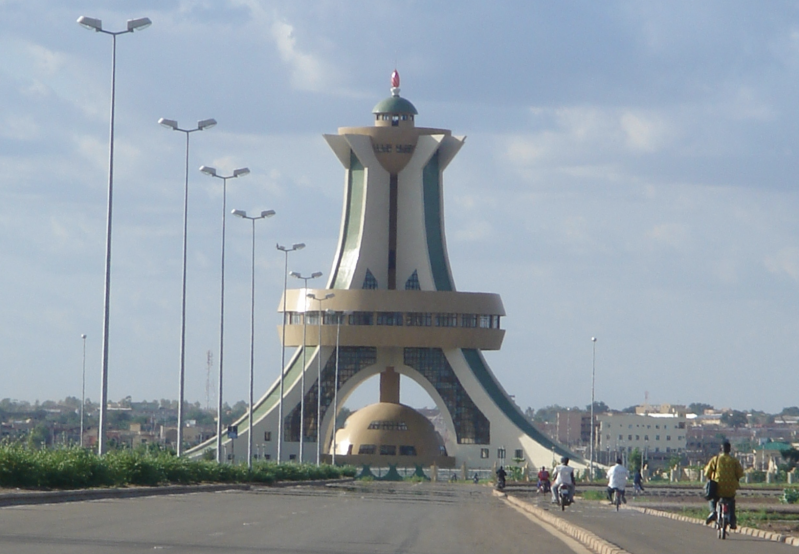
Burkina Faso, a landlocked country in West Africa with a population of around 23 million, has faced escalating violence and instability over recent years, positioning it as an epicenter for terrorism in the region. This has had significant effects on its citizens, including the evangelical Christian community. Still, believers persevere by praying, reflecting on Scripture and providing hope and healing amid the trauma.
Burkina Faso has been grappling with increasing terrorist activities, primarily from Islamist groups linked to Al-Qaeda and the Islamic State. The insurgency began in earnest in 2015 and has since intensified, resulting in thousands of deaths and the displacement of over one million people. The government has struggled to maintain control, and the frequent violence has led to a humanitarian crisis, with significant portions of the population facing food insecurity and lack of basic services.
The Christian community in Burkina Faso has previously been targeted by terrorist groups. In February 2020, an attack on a Protestant church in the village of Pansi in the east resulted in 24 deaths. The year before, in May 2019, there were four attacks specifically targeting the Christian community in various northern localities. And the same reality continues to this day.
Yet for many evangelical Christians, faith is a cornerstone that provides strength and peace. Speaking to Christian Daily International, Tindano Dieudonné Yenpabou, General Secretary of the Union des Groupes Bibliques du Burkina (UGBB), the International Fellowship of Evangelical Students' (IFES) national body in Burkina Faso, reflected on his personal way of holding firm to faith amidst the chaos.
“Resilience and trust in God are very important in such a context. From May 3 to 18, 2024, I drove through 22 cities and villages in the Centre-East and Centre-South regions of Burkina Faso, meeting fellowships, pastors, and partners for the mission.”
He highlights that on May 20, 2023, a national day of fasting and prayer was called by the government, and each community, including traditional, Muslim, Catholic, and Evangelical groups participated in the initiative. “This was reported to be the first time in history,” said Tindano.
He notes how various ministries have collaborated to equip fellowships and churches in the country. “From UGBB’s side, we chose to focus on an in-depth study of 1 and 2 Corinthians this year, under the theme ‘Resilience and Mission.’ We are also organizing a missionary convention in Kaya city, one of the regions most affected in Burkina; this decision to organize this event in that region was taken at least three years ago.”
Trauma has been a major consequence of the insurgencies and resultant coup in the country. According to Tindano, there is a trauma healing program being implemented with the collaboration of partners like the Bible Society. This program is Bible-based but used for all, including non-Christians.
At the end of last month, Burkina Faso's military government, led by Capt Ibrahim Traoré, announced it will extend junta rule for another five years. The move came after a national consultation meeting in the West African country's capital city, Ouagadougou.
While facing an uncertain future, believers remain steadfast in their faith that God is with them. "Psalm 23 and Psalm 121 has always been an encouragement for me," Tindano says.





